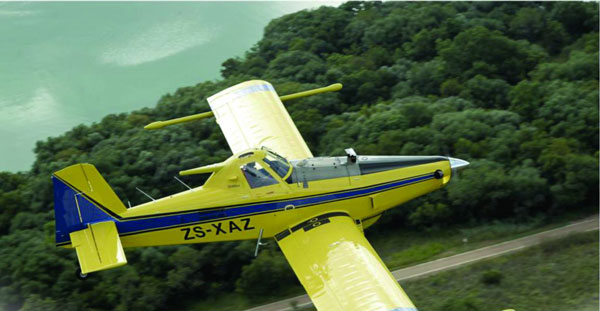
By Business Reporter
Zimbabwe should up its investment in mineral exploration and adapt modern technology in this field if the country is to fully reap the benefits of its vast mineral wealth, an industry expert has said.
The southern African country is endowed with some of the world’s largest mineral reserves boasting of the second largest platinum deposits after Russia.
Last year the country earned some US$3,4 billion in revenue from mineral exports, but industry insiders say the amount can go beyond that if investment in exploration is increased.
AeroSurv managing director Nicholas Taruvinga told Standardbusiness that the country remained hugely under-explored.
“There is so much untapped potential because most of the exploration data that is being used now was generated back in the 50s and 60s and the industry has not been subjected to exploration using modern techniques,” he said.
“We are seeing a great deal of potential in the area of exploration, which has largely gone uncontested.
Only 60% of the country’s land has been mapped for exploration, but the use of old techniques and machinery could not allow for notable discoveries.
- Chamisa under fire over US$120K donation
- Mavhunga puts DeMbare into Chibuku quarterfinals
- Pension funds bet on Cabora Bassa oilfields
- Councils defy govt fire tender directive
Keep Reading
“We utilise aircraft equipped with the very latest in data acquisition technology.”
Taruvinga added: “Together with our partner, Xcalibur Airborne Geophysics of South Africa, we commissioned a diamond exploration project in Chivi and Mwenezi districts in Masvingo province to establish the extent of diamond deposits in the area.
“The diamond exploration would cover Ngundu, Mwenezi and Rutenga. It would focus on conglomerate, alluvial and kimberlites.”
Xcalibur has also done exploration work for mining majors like Rio Tinto, Anglo American and De Beers, among others.
It currently has ongoing projects in Sierra Leone, Angola and Botswana.
According to data from S & P Global Market Intelligence, Africa as a whole remains poor in allocating funds for exploration.
In 2017, Africa received exploration budgets totalling US$1,09 billion and remains in fourth place with 14% of the global budget.
The allocation represents an increase of 18% (US$163,5 million) from the previous year.
The Democratic Republic of Congo dominates exploration in Africa at 13% despite a 5% budget decrease from 2016, while Zimbabwe’s exploration allocation is at 1,1%.
Zimbabwean authorities have ambitious plans of making the extractives sector a US$12 billion industry by the end of 2023 with diamonds expected to contribute at least US$1 billion per year.











